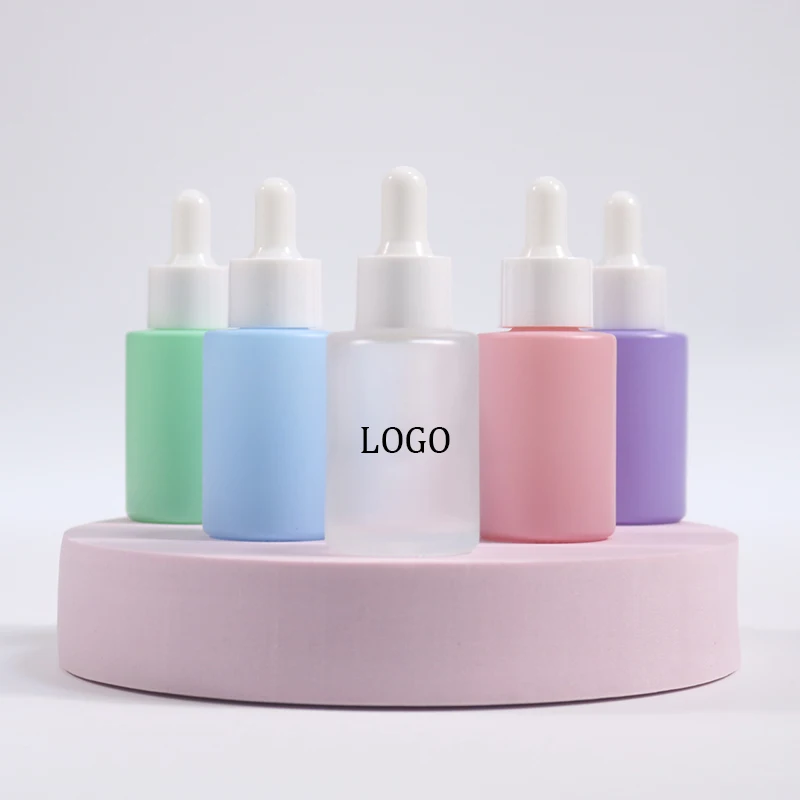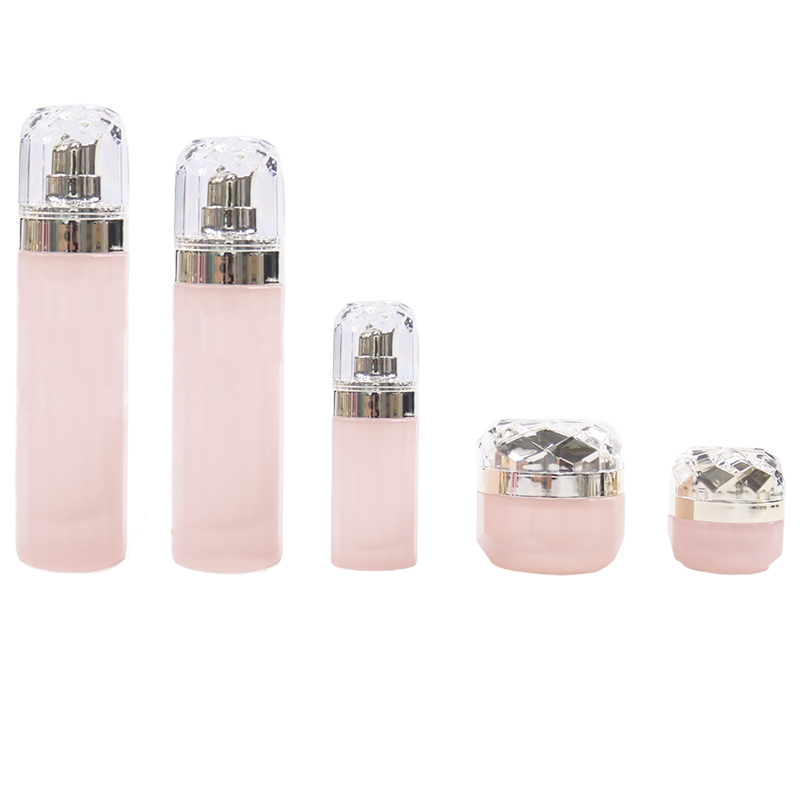The scene inside one crowded store: There was no chicken available, nor garbanzo beans or chips. Another had no flu or cold medicines.
They grabbed milk and aspirin, paper towels and spaghetti. Cans of soup and bottles of laundry detergent. Olive oil and sanitizing wipes. With futures suddenly thrust into the unknown, they did what felt reassuring: panic shop. White Reed Diffuser Bottle

As President Trump declared a national emergency on Friday, hordes of shoppers flooded stores across the nation and emptied shelves, looking to stockpile groceries and household items to prepare for uncharted territory.
Inside the Target at Atlantic Terminal in Brooklyn, customers snatched up hand soap, lotion, condoms, vitamins and tampons. Cold and flu medicines were completely sold out. One customer, Jason Krigsfeld, 31, was relieved to find a 20-pack of Charmin toilet paper — the last one on the shelf. He and his wife had already collected hand soap, laundry detergent and floor cleaner.
“We saw people emergency shopping yesterday and were like, ‘We need to do that, too,’” said Mr. Krigsfeld, who works in software.
Stores were overwhelmed with long lines of customers waiting just to enter what would be a disorienting space of packed aisles, backed-up checkout lanes and weary employees.
In Santa Clarita, Calif., hundreds of people jostled for position in the parking lot outside a Costco on Thursday. “Please don’t call 911 because people are cutting in front of you in line,” a sheriff’s station tweeted after deputies responded to a false alarm of fights at the wholesale store.
Soon after the 9 a.m. opening on Friday of the Trader Joe’s in Hoboken, N.J., a line of nervous customers stretched along the block in the rain, waiting to pick through the mostly bare shelves inside. There was no chicken available, nor garbanzo beans, coffee or chips. The store was restocking regularly, but many of its registers were unstaffed.
Once an undertaking reserved for the arrival of hurricanes and snowstorms, the frantic pursuit of groceries and household goods has been pushed to an intense level in the age of the new coronavirus, as urgency and fear propel people down the aisles. Panic shopping now comes with a much more dire and ominous tone; it’s confusing what and how much one should buy in response to a pandemic.
The physical act of snatching up bundles of toilet paper, aspirin and canned goods can be comforting.
“The heebie-jeebies got to me yesterday — what if New York is quarantined?” said Mark Hanna, 32, who works in health care and was standing outside a Brooklyn drugstore with four bottles of NyQuil.
Many stick to things that can be frozen or have a long shelf life. Water and Chef Boyardee are favorites. Coffee, bread and pasta, too. Carts are laden with an eye toward lasting weeks, if not months. The coconut cream and meringue cookies are usually left untouched.
Some who have recently canceled trips quickly try to fill bare pantries. There are even the bold party hosts, intent on keeping weekend plans.
It takes will and stamina to brave the lines that can start at the store entrance, or even in the parking lot. Social media posts showed cleared out frozen food sections, as #panicbuying trended on Twitter (also #coronapocalypse).
Some bring their own carts to avoid yet one more line. Those who tried unsuccessfully to stick to online shopping arrive to find their go-to products wiped from the shelves. Others volunteer to pick up items for older adults, or friends who are in quarantine.
“In a time like this, how can you not?” said Randi Klein, 48, of Harlem, who scaled a shelf for a box of gluten-free cereal for a friend’s daughter. She had offered to help the family go “apocalypse shopping.”
At a Whole Foods Market in Somerville, Mass., on Friday, peanut butter, eggs, pasta and canned tomatoes were almost gone, the meat and produce sections were empty shells. Customers were limited to just two packages of toilet paper each. At a nearby Walgreens, the shelves had been stripped of disinfectant cleaners and wipes. Signs announced that those products were being rationed, along with face masks and thermometers — which were also out of stock.
Large chain stores like these have been tested by the buying surge. Walgreens customers have been allowed up to four per product when it came to wipes and cleaners, masks, hand sanitizers, thermometers and gloves, according to a spokeswoman for the company.
In Houston, a sign taped to the doors of a Staples warned customers it was sold out of hand sanitizer. Nearly all the carts at a Costco held bottles of water, the impulse buy of every crisis.
Some Costco locations have set purchase limits on items like water and Lysol, with restrictions varying by region.
At a news conference at the White House on Friday, President Trump questioned Walmart’s chief executive, Doug McMillon, about what retailers were doing to replenish their stores.
“Specifically, the areas where we’re seeing pressure in the supply chain are surface cleaners, cleaning supplies, paper goods in particular,” Mr. McMillon said. He added that “hand sanitizer is going to be very difficult to have 100 percent stock on for some time. We’re still replenishing it and shipping it, but as soon as it hits the stores, it’s going. The same with all the categories I just mentioned. All the retailers who are here are doing that as fast as they can.”
As the world’s largest retailer, Walmart prides itself on the efficiency of its supply chain, even in the face of natural disasters. But the coronavirus scare has been a rare challenge where demand has been nationwide and all at once. In an attempt to refill goods more quickly, it has started picking up products directly from manufacturers, bypassing distribution centers.
Not all stores have seen a rush to amass necessities. Robust markets can be found in pockets, where shoppers peruse aisles with purpose, but little panic.
In Cynthiana, Ky. — population 6,000 — five people have tested positive for the coronavirus. But on Friday, the shelves were full and there was plenty of hand sanitizer, despite being ground zero in the state.
And at Fairway Market in Harlem, the loading dock presented a stream of supplies — sparkling water, crates of broccoli, fruit juice — that customers could casually pick out.
Some small storefronts have been a little too calm, their compact aisles not attracting the same alarmed crowds. Owners worry about business dropping as regulars stay away.
There are also many who see the surge in shopping as an extreme overreaction.
“The whole point is social distancing,” said Robert Charming, 28, a business consultant. “By going to the store, you’re putting yourself in a position to expose other people or get exposed. That doesn’t seem like common sense.”
Mr. Charming, who lives in Manhattan’s Hudson Yards, said people seemed to be getting ahead of themselves, allowing fear to make them irrational.
He did turn to Amazon to purchase an extra order of his usual instant noodles, pasta and protein powder, though.
“Not anything aggressive, just to have on hand in case people do freak out and buy all the stuff in the store.”
Reporting was contributed by Elaine Chen, Michael Corkery, Sapna Maheshwari, Kwame Opam, Aaron Randle, William Rashbaum, Nate Schweber, Deborah Solomon and Michael Wilson in New York; Manny Fernandez in Houston; Tiffany Hsu in Hoboken, N.J.; Rick Rojas in Cynthiana, Ky.; Kate Taylor in Boston; and Tracey Tully in Union, N.J.

Pagoda shaped dropper bottle Corina Knoll is a Metro reporter. Before coming to New York, she spent more than a decade with the Los Angeles Times. More about Corina Knoll